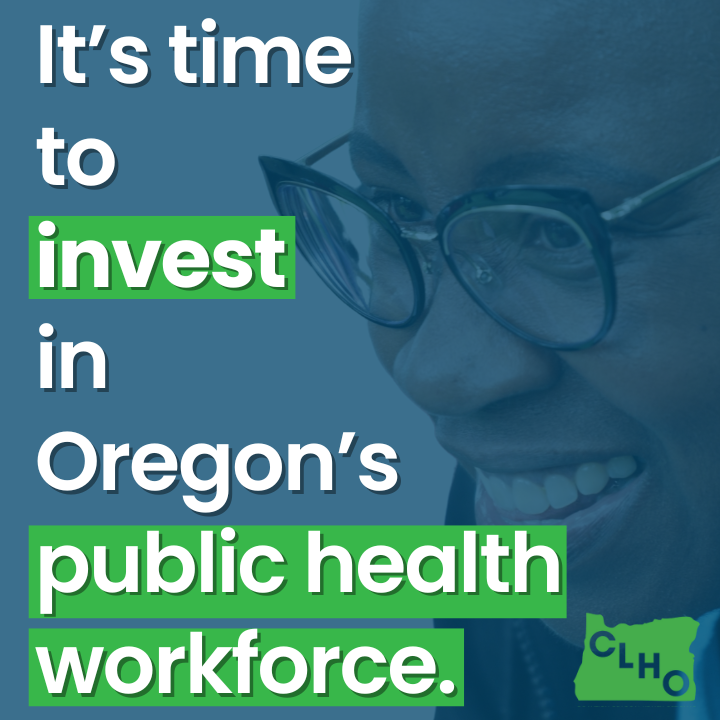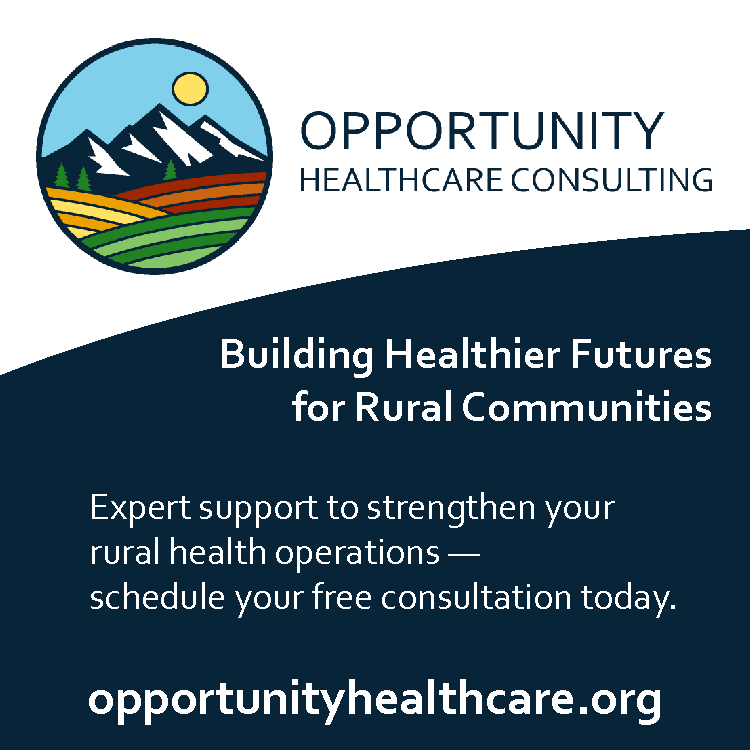While the federal administration threatens to cut access to basic health care, Oregon legislators are championing the Reproductive Health Equity Act to preserve and expand access to reproductive health care, including birth control with no co-payment, prenatal care, abortion, and a number of other reproductive health services.
House Bill 3391 is the next step in a years-long effort to make Oregon a leader in reproductive health care access. It seeks to secure and broaden many of the essential provisions of the Affordable Care Act, protect the right to choose, and provide care for new mothers.
The chief sponsors of HB 3391 are Sens. Laurie Monnes Anderson (D-Gresham) and Richard Devlin (DTualatin), House Majority Leader Jennifer Williamson (D-SW & NW Portland), and Reps. Julie Fahey (D-West Eugene & Junction City) and Jeff Barker (D-Aloha).
“While the federal government and statehouses across the country are ramping up their efforts to restrict reproductive health care, Oregon is once again leading the way to defend and expand these rights,” says Rep. Fahey. “Protecting access to reproductive care for all Oregonians is the right thing to do and will lead to healthier communities, healthier individuals, and lower costs for critical care.”
The House Committee on Health Care is holding a public hearing on the bill today (March 15) at 3pm in Hearing Room E. HB 3391:
• Ensures that all Oregonians receive comprehensive coverage for the full spectrum of reproductive health services,
• Fills gaps in reproductive health coverage for those categorically excluded from health programs due to citizenship status by expanding full benefits for 60 days of post-partum care;
• Prohibits discrimination in accessing or obtaining coverage for reproductive health care, including discrimination based on gender identity; and
• Codifies the right to safe and legal abortion in Oregon, which is particularly important given the uncertain future of Roe v. Wade.
“Oregon has led the way in preserving access to reproductive care for many years, even while politicians in other states have voted to strip these protections away from women,” says Rep. Williamson. “Now, with Trump and Congressional Republicans waging a direct assault on women’s health care, it’s time for Oregon to take the next step forward.”
For some Oregonians, especially those with high-deductible health plans, abortion and other reproductive health services are prohibitively expensive even if they are covered due to cost-sharing. HB 3391 codifies in our state insurance code the current federal requirement for insurance companies to cover 22 essential health benefits included with no-cost sharing under the ACA. The bill adds abortion and vasectomies to this list of preventative services.
“When it comes to health, there needs to be equity for everyone and there are so many women who don’t have any access to reproductive health services,” says Sen. Monnes Anderson. “I’m worried about the ability for many women to pay for reproductive and other health care services they need, and this will take that barrier away. This will be a major step forward so all women can have access.”
HB 3391 expands preconception coverage, reproductive choice, and post-partum care to 48,000 women who are categorically excluded from the Oregon Health Plan.
“As a former police officer, I’ve seen firsthand the devastating impacts that come with a lack of access to health care and reproductive care,” says Rep. Barker. “This bill ensures that all women, regardless of their economic status, can use these health care services when they need them. The bill also guarantees the right to choose an abortion, an important protection considering what’s happening in D.C.”
“I have been a lifelong champion for women’s health and equitable access to services,” says Sen. Devlin. “Equitable access to health services, including reproductive health services, is paramount to a healthy society. Addressing health issues early on, by providing access to care, becomes a good investment to prevent more complicated and costly problems in the future.”


